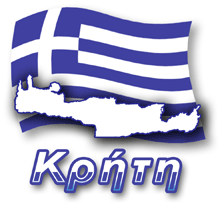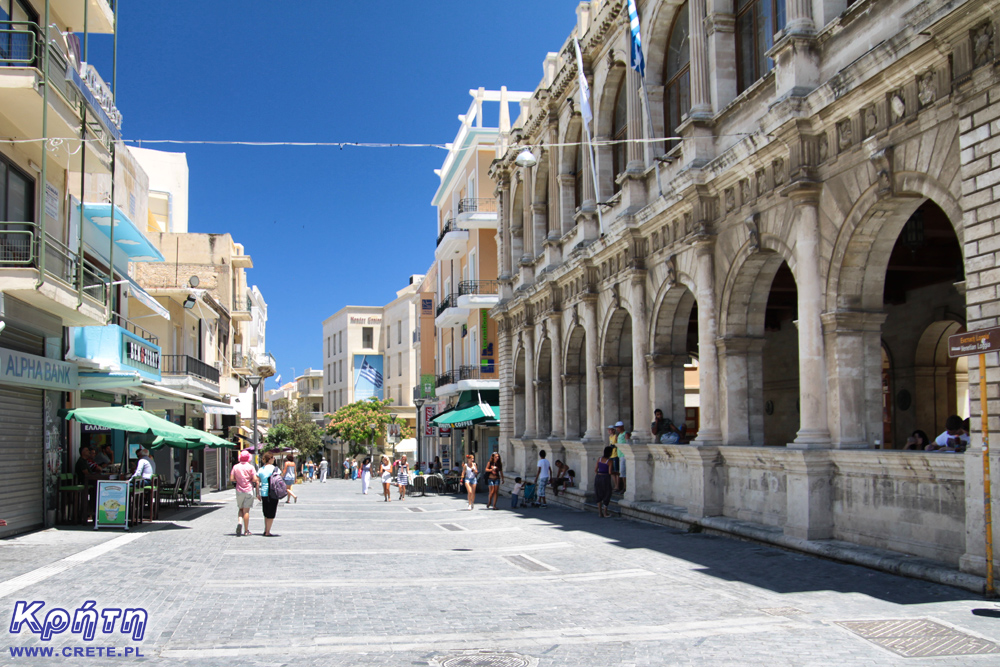
 2016-08-24 19:58:33
2016-08-24 19:58:33
August 25, 1898 for Heraklion and symbolically for the whole of Crete is a special date. The nineteenth century marked the beginning of the shedding of the Turkish yoke and the regaining of independence for Greece. However, the location of Crete was quite unique at this point as it was still not part of Greece.
Despite the previously signed agreements, the so-called the Halepa pact, in which the Turkish government undertook to carry out a number of reforms in the Cretan administration and to end discrimination against the Christian population, some of the promises have never been fulfilled, and Crete still has not gained full autonomy. In 1898, the island was just before its final liberation from Turkish rule. British forces were then stationed in Heraklion. And although some changes could be felt, a large group of the Ottoman population still lived here, and administrative positions were still filled by Turks.
On August 25, 1898, new Christian tax officials were to start working. They were accompanied by 18 British soldiers to ensure the safety of these people. Introducing Christians to administrative positions was the implementation of some of the cessation provisions contained in the Halep Pact. Despite this, the Turks living in Crete for a long time did not want to undergo these inevitable changes ...

On that day, at the initiative of the Turkish authorities, the Muslim part of the inhabitants of the then Megalo Kastro (the Turkish name of the city) barred the way for new officials. Thus began the cruel slaughter of the Christian part of the city. According to sources, as many as 800 Cretan Christians and 18 British soldiers lost their lives. After the slaughter, the Turks plundered and burned houses and shops belonging to Christians. The complete destruction was done in the vicinity of the present street on August 25. In September of the same year, the initiators of the slaughter were hanged. It turned out that they were the Turkish Cretans.
The mascara made in Heraklion contributed to hastening the end of the Turkish occupation of Crete. This time, the governments of European nations supported the Cretan strivings for freedom. They supported the island in negotiations with the Turks, which eventually resulted in the granting of autonomy to Crete. It is worth mentioning that it was during them that the political star of Eleftherios Venizelos was born. One of the most eminent figures who later influenced not only the politics of Crete but also the whole of Greece.
 2016-08-24 19:58:33
2016-08-24 19:58:33
Komentarze
Wypełnij poniższy formularz aby dodać komentarz
lub kliknij w poniższy link aby skorzystać z możliwosci komentowania przez facebooka:
https://www.facebook.com/crete.poland/posts/10153829492802551